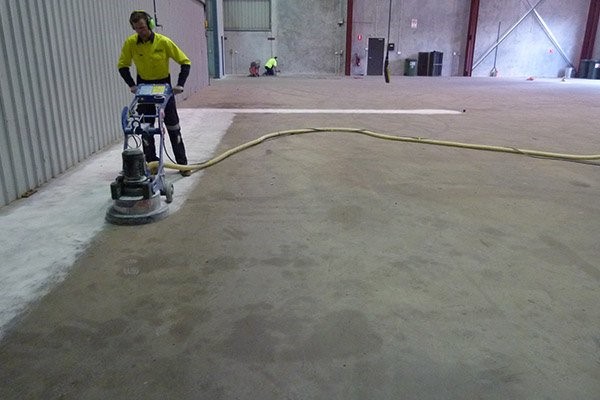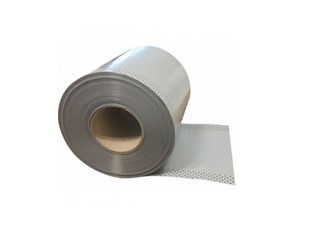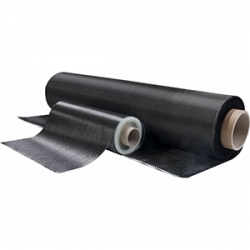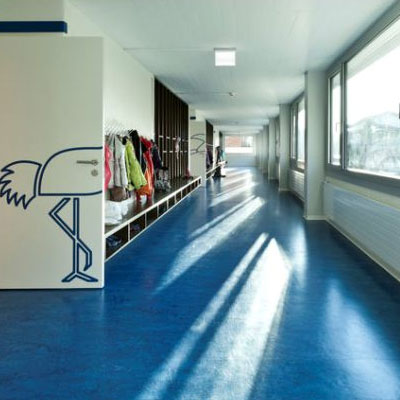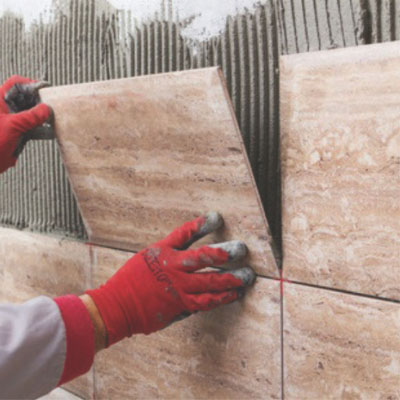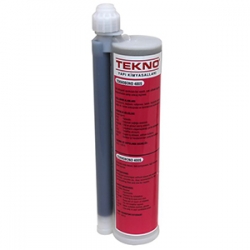The process for limiting heat losses and gains in buildings and installations is called "Thermal Insulation". Technically, exterior insulation, sheathing is applied to reduce heat transfer between two environments at different temperatures.
Having thermal insulation in buildings has environmental importance as well as economical. In addition, it is possible to lead a more comfortable and healthy life and to extend the life of residences by means of thermal insulation. Fossil fuels are used to heat the buildings. Gases released as combustion products as a result of burning fossil fuels cause air pollution and global warming. The decrease in the amount of energy used in creating comfort conditions with thermal insulation applications prevents the increase of global warming and air pollution. Thermal insulation, which is carried out in accordance with the rules, has many benefits for individuals and countries. The most important of these is the contribution of thermal insulation to energy saving.
Advantages of Thermal Insulation
Correct insulation practices prevent energy loss by saving from 40% to 60% in heating and cooling demands in the house. The removal of damp environments, which are known to be extremely harmful to human health, is also possible thanks to thermal insulation. Thanks to its thermal insulation, protection against external factors can be obtained and maintenance and repair costs of buildings can be saved. The expenditure on thermal insulation can pay for itself in 4 and 6 years. Since the heating and cooling needs can be met more easily in buildings with thermal insulation, the use of fuel decreases and the harmful gases coming out of the chimneys harm the nature less.
In places without thermal insulation, doors, windows and even walls increase energy consumption by causing heat loss in the building. The energy consumption for heating in buildings is a rate based on almost 80%. This situation shows why there is a rush to ensure energy savings as soon as possible. In today's conditions, while domestic energy production meets only 30% of the consumption, it is known that experts report that this rate will decrease to 25% by 2020. For all these reasons, the demand for thermal insulation has increased in recent years and it is tried to be benefited both economically and environmentally.




